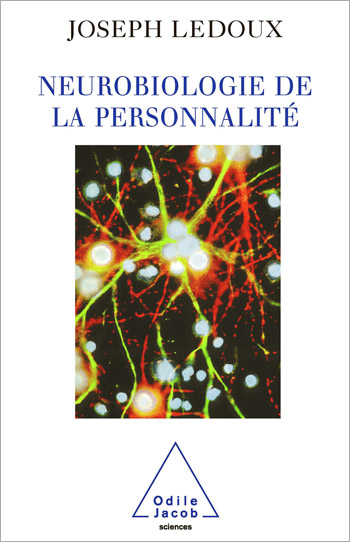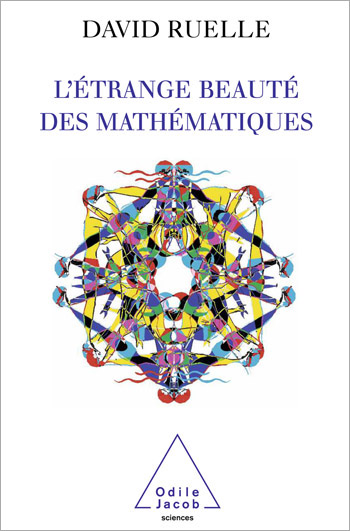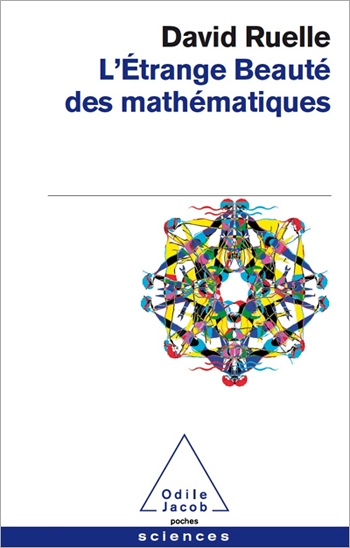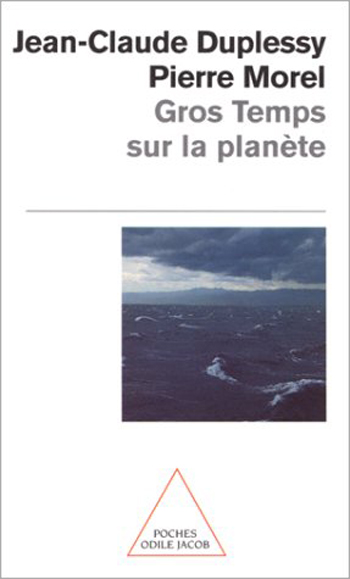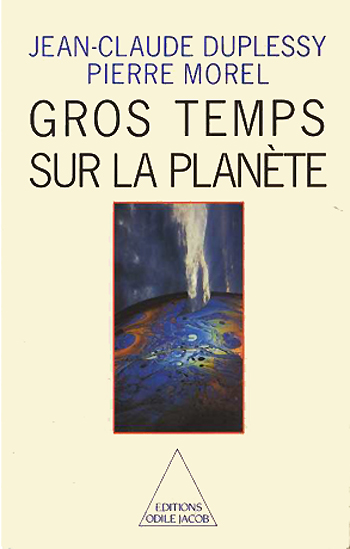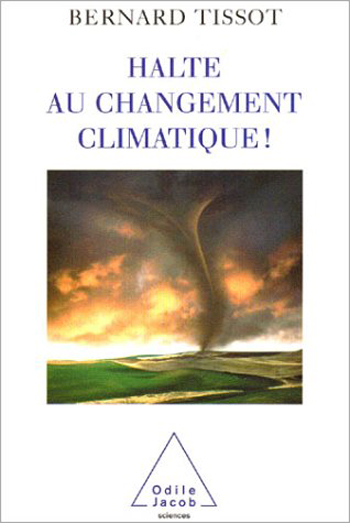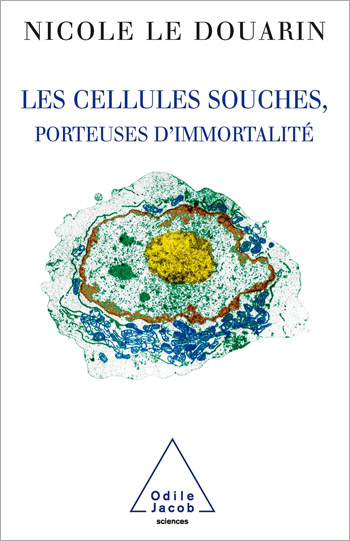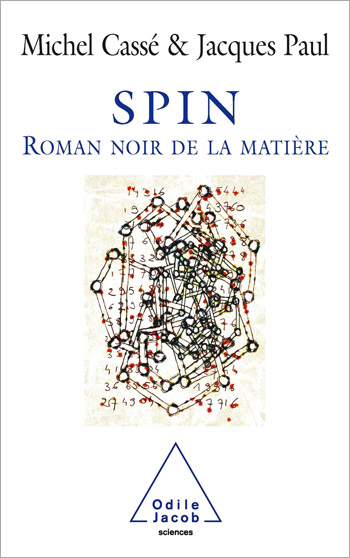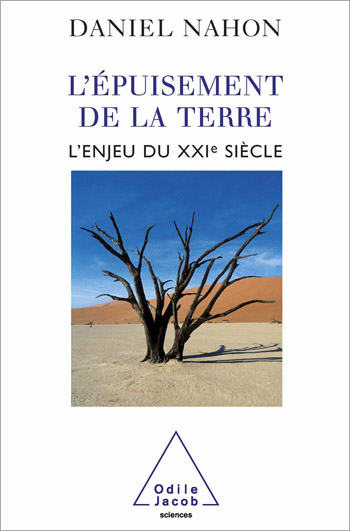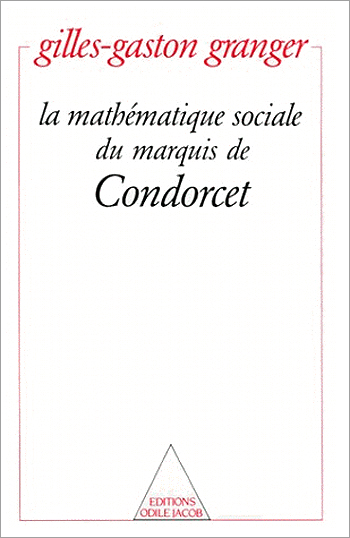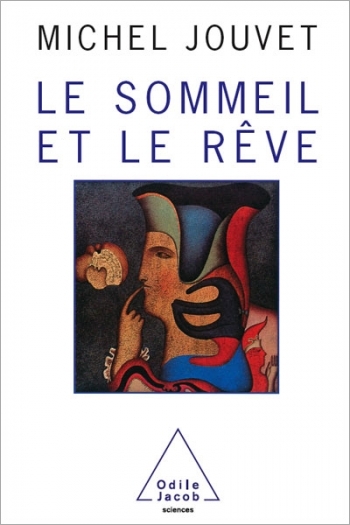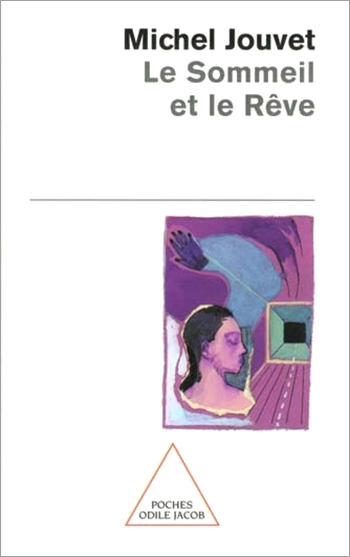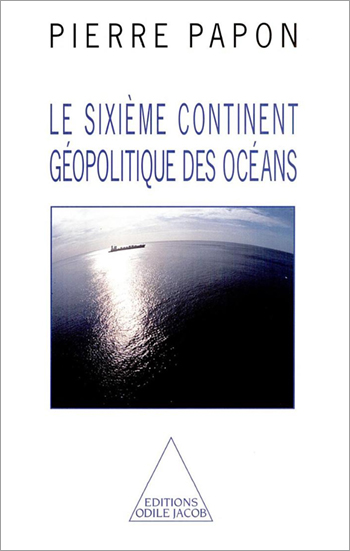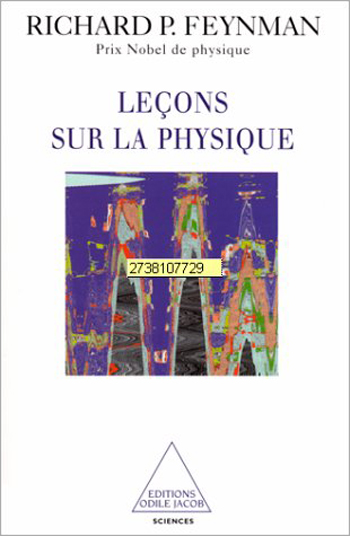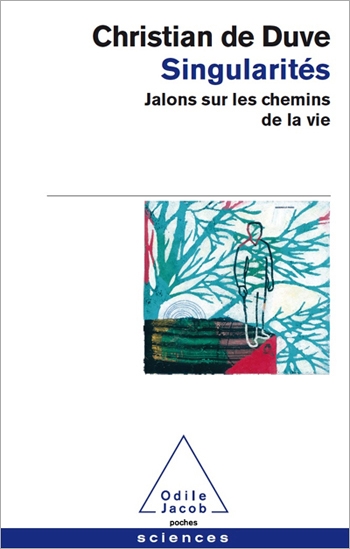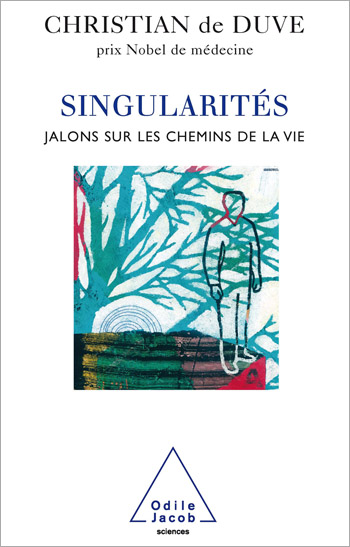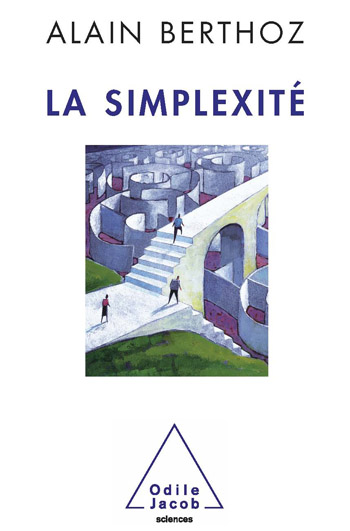Science All books

Christian Rémésy
Sustainable Food
The author explains how to establish eating habits that are truly preventive.

Antonio R. Damasio
The Strange Order of Things Life, Feeling, and the Making of Culture
A landmark book, situated between philosophy and neuroscience, in which Damasio deals with the challenging question of the origin of civilization.
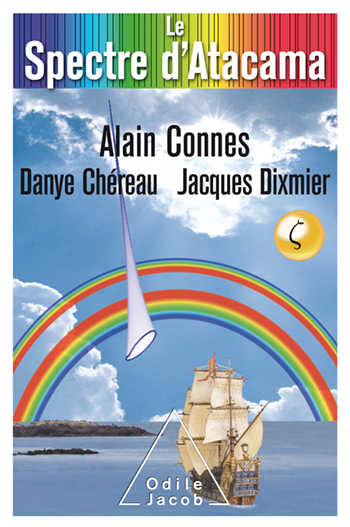
Alain Connes, Danye Chéreau, Jacques Dixmier
The Specter of Atacama A Trio for the End of Time
From a mysterious source there appeared a first message that had just been received by the Alma Observatory in Chili, and was saved from oblivion by the main character in the book by a mathematician obsessed with a conjecture.

André Lebeau
The Space Legacy
Man has begun to realize one of his most ancient dreams: to overcome gravity, to conquer space, to explore the universe. André Lebeau sheds light on some of the stakes of this quest. By examining the logic of evolution which drives us to explore, and then to occupy, discovered continents, Lebeau traces the perspectives that the possible colonization of outer space opens to humanity. In so doing, he offers a new viewpoint on the dynamics of scientific and technological progress.
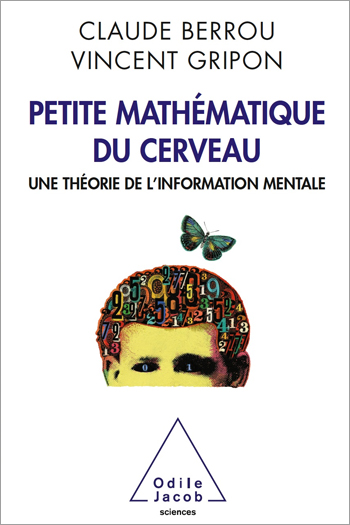
Claude Berrou, Vincent Gripon
Some Brain Mathematics A Theory of Mental Information
How the human brain processes information — an explanation between neuroscience and information technology.

Michael S. Gazzaniga
The Social Brain
This book investigates the concepts of the "right brain" and the "left brain". According to the author the brain is most certainly made up of relatively autonomous modules which react independantly to environmental pressures. At least one of the modules, situated on the left side of the brain, is responsible for the interpretation of answers which may be contradictory with others, whereas yet another module on the same side translates into words the result of this interpretation. So, instead of being a unique, monolithic system that we imagined, the brain would appear to be a collectivity of systems - a social brain. This approach enlightens us as to the functioning of the human brain, and according to Gazzaniga, affects the very roots of our belief systems and societies. Renowned American neurologist, Michael Gazzaniga is Director of the Cognitive Neuroscience Division of Cornell University and chairman of Neuropsychology.

Étienne Ghys
Snowflakes: A Wonder of Nature
An introduction to the science of crystals within the reach of non-specialists, with a very clear introduction to the physical and mathematical aspects of the subject.
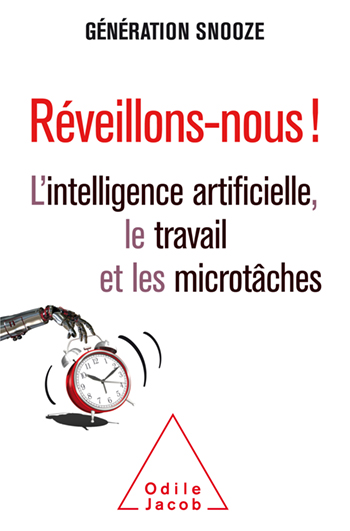
Génération Snooze
Snooze
Written by two practitioners of Artificial Intelligence, this book is both very accessible and very concrete.
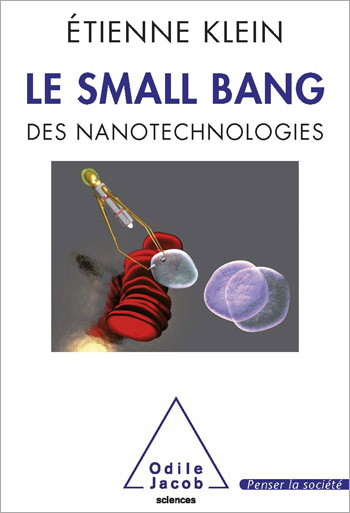
Étienne Klein
The Small Bang of Nanotechnologies
Nanotechnologies no longer concern just the manipulation of matter, one atom at a time: they now incorporate all the techniques that allow the manufacture of tiny objects with a precision equal to one billionth of a metre...
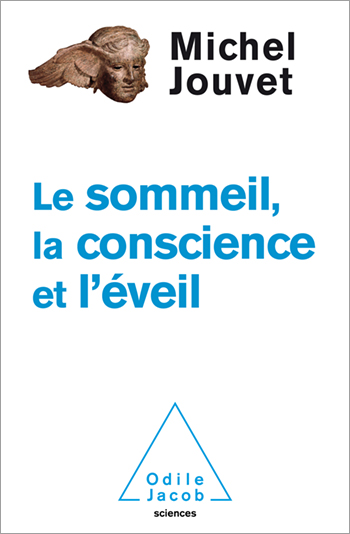
Michel Jouvet
The Sleep, Consciousness and Wakefulness
A major scientific work that offers a sweeping panorama of the state of consciousness, from Hippocrates to the latest findings in neurology.
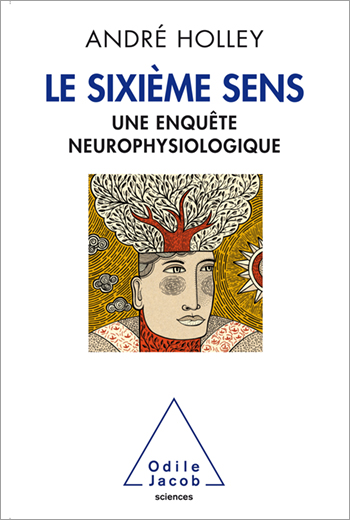
André Holley
The Sixth Sense A Neurophysiological Enquiry
The outside world is not the only source of sense stimuli; other, internal types of sensibility can stimulate the brain
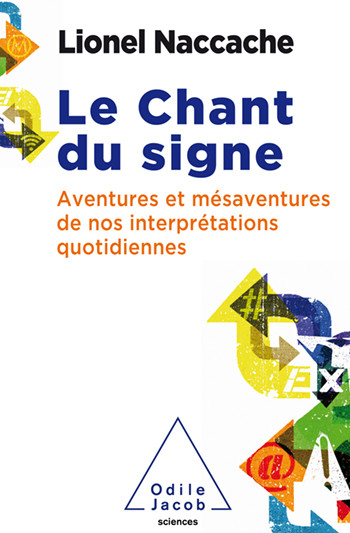
Lionel Naccache
The Sign Song
An essay illuminated by neuroscience, which aims to explore the psychological and cerebral cogs involved in the act of interpretation, which we are not generally aware of. A petition or manifesto in favour of defending our subjectivity and individuality, at a time when ever more efficient, air-tight and uniform signage tends to make us lose track of the fact that we are the inventors of our own understanding of the world’s signs.

